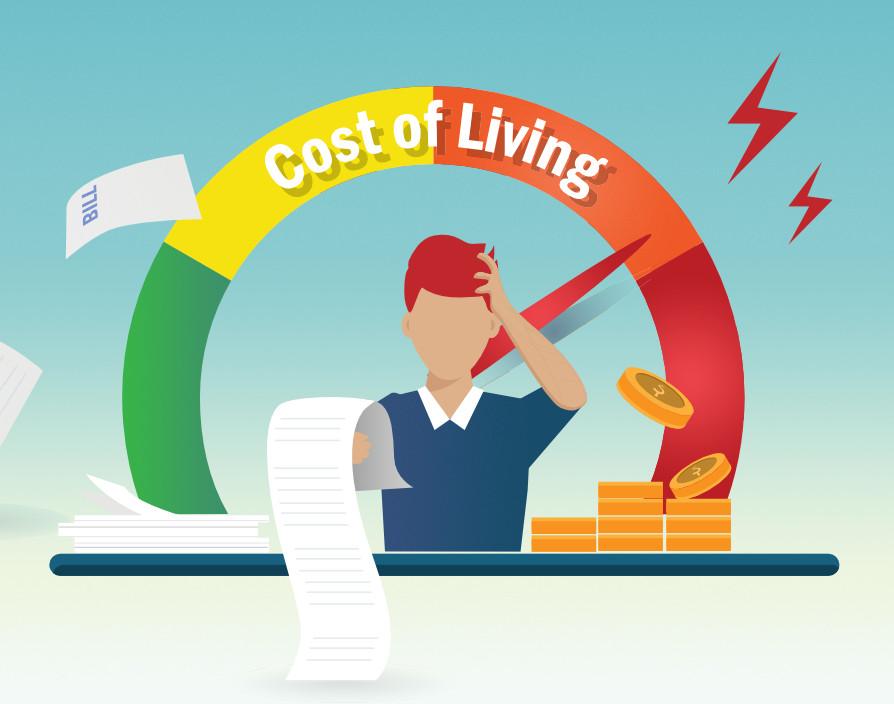The cost-of-living crisis is undeniably impacting the way Brits are shopping, with greater priority given to essential purchases. And with the Autumn Budget confirming that British consumers will now have to deal with both tax rises and cuts to government spending, it’s likely that new money-saving habits are here to stay.
But there’s a silver lining: while Brits are reducing their spending, they are also looking for smarter ways to invest the money they do want to spend. Our research has shown that three in five (59%) of Brits tend to support small, independent, local businesses during hard times, as was the case in the midst of the Covid-19 pandemic.
At GoDaddy, we pride ourselves in delivering the best possible support for entrepreneurs to start, grow, and scale their businesses. Understanding how they, and their customers, are weathering the current economic storm is key to achieving this. To get a better understanding, we surveyed more than 2,000 UK consumers and asked them about their buying habits, and how they are trying to reduce expenditures during the cost-of-living crisis.
Interestingly, we found that Brits are increasingly turning to second-hand shopping and ‘upcycling’ items they already own to save money.
During the cost-of-living crisis, people are seeing the value in getting their belongings upgraded by skilled professionals or buying second-hand goods, and the data is telling: as consumers row back on spending, 52% are turning to second-hand shopping, while 62% say they more likely to ‘upcycle’ clothes and furniture they already own instead of buying them brand new to conserve cash.
This is great for consumers as it’s more cost-effective than buying brand new items, but it’s also really good news for small business owners who offer refurbishing and ‘upcycling’ services. A significant portion of consumers we surveyed said that rather than doing this themselves, many people (46%) prefer to hire a professional to breathe new life into their belongings, and more than two-fifths (43%) would rather go to an independent business for these services.
One such example of businesses that are thriving as a result of these changing behaviours are GoDaddy customers, Ian Block and Holly Brunsden.
Ian and Holly, co-owners of RECOVER, a furniture up-cycling charity and social enterprise in Hertfordshire, have seen a 30% year-on-year increase in turnover, of which 50% has been generated through interest online via their website. They lost footfall to their workshop showroom as they were forced to close when the pandemic hit, but they soon started seeing an uptick in online sales and customers contacting them to get ideas while they were stuck at home and looking to keep busy.
Now, Ian and Holly are seeing the benefits of the move towards more sustainable ways of purchasing products, as shoppers look to conserve spending and generally have more awareness of how to repair and up-cycle:
“The pandemic has had a lasting effect and interest has continued since then, as people realised they can inject new life into existing items instead of buying new. The cost-of-living crisis has given people more awareness of not only reducing waste, but also how older items are often better quality, one-of-a-kind pieces that have their own story. We’ve seen a nervousness about buying new, so much so that September and October have been our best months on record for sales since we started 10 years ago”.
When you hear of a pending recession, you immediately conjure up images of people and businesses struggling as the economy slows. While this is sometimes the case, not every business is impacted to the same degree: small business owners like Ian and Holly show that entrepreneurs can experience a stability of sales and an increase in interest for their services, which are still important to consumers to support their daily lives.
As the country faces ongoing financial challenges into next year, we need to get behind microbusinesses as much as we can. They are the engine of the British economy. When they thrive, we all do.
Share via:








































